|
You've chosen which film or television programme you will be reviewing. You've watched it, repeatedly, and made lots of notes. You've done your research. All that's left is to write your review!
Every review is different and there are no hard and fast rules about what should go into your review - otherwise every review of a film would be the same! However, there is a general structure that many good reviews follow: Introduction / ideally this should prodive a “hook” to pull the reader in and some introductory content to set the scene for your review/basic info such as director, writer, stars, genre. Previous work to note? There should already be a sense of your evaluation of the film. Synopsis / many readers may not have seen the film so this should be succinct without spoiling the viewing for others. Avoid spoilers at all costs! Description / more detailed than the synopsis, this is more about *your* experience of watching the film and what stands out in particular. Use this to set up what will be your main analysis of the most significant elements. This step might be woven in with your synopsis and analysis. Analysis / this is the main body of the review where you focus on the most significant elements of the film based on your consideration of formal techniques and thematic elements. The general rule of thumb for writing about film is to start with what is presented, then consider how it is presented, why is it presented in that way, then finally what is the effect of presenting it in that way. Aim to express three of four areas you think are most significant and use those areas to structure your analysis (e.g. one paragraph per area). Conclusion / bring your analysis to a close. What is your overall impression of the film? Is there an overriding reason why viewers should watch/not watch it? You might want to also bring in how else the film has been reviewed/received or note any awards etc.
0 Comments
All you need to do to review a film or television programme is watch it then write about it, right? Wrong. All the best film and TV reviews have one thing in common: solid research. On a very basic level research involves getting your facts straight. Who is the director? What year was the film released? On what channel was the television programme first broadcast? Who are the actors (check spellings!)? “Research is formalized curiosity. It is poking and prying with a purpose” - Zora Neale Hurston But decent research needs to go further than this. The second stage of research should dig a bit deeper. What did the director direct previously? How do their previous films compare to the one you are reviewing? Yes, this might mean watching more films, if necessary to your review. How does the central performance or performances compare to the actors' previous performances? What other comparisons can be made? Has the film or television programme sparked any particular debates or discussions following its release or broadcast? Has/could it been compared to other films or TV programmes? The third stage of your research should be focused around your film or TV programme in relation to the area of [recall] that you are focusing on. Think about how the film approaches [recall] in comparison to other films or TV programmes. If you are focusing on a film about Alzheimer's, for example, are there any other noteworthy films that have focused on the disease? How does your film compare? Research is often the most enjoyable part of writing so embrace it and see where it takes you. Do be careful not to go off on too much of a tangent though. Your review can be no longer than 550 words so you want to ensure that every word is relevant. Now that you have chosen your film or television programme, the next task is to watch it! We recommend watching your chosen text at least 3 times.
The first time, you should just give yourself over to the film or programme and watch it, without interruptions, or without making any notes - although do have a notepad handy in case you really need to jot something down. Immerse yourself in the viewing process. Afterwards, grab your notebook and make a few notes about how you feel about the film overall. What is the film about? What is the overall plot? Who are the key characters? What is the film trying to say? For the second viewing you will really need that notebook and pen, and the remote control handy to pause your film as and when you need to. We recommend dividing your page into two or having two pieces of paper to write on: write form on one side and content on the other. Under form make notes about the film or television programmes formal properties, for example: cinematography, editing, lighting, sound, genre, narrative structure. Under content make notes about the film or television programme's thematic properties, that is, what themes and issues does the film engage with, for example: gender, race, class, sexuality, age, politics, social issues etc. You should now have plenty of material to start your review. Which areas stand out most to you? what are the most important aspects of the film or television programme? How does the film's form relate to its content and vice versa? Remember, the review needs to relate to the theme of [recall] in some way so take a look at your notes again and consider which aspects relate most strongly to [recall]. For example, is it a historical biopic film that looks back to the 1940s? Or a thriller that uses the flashback device in a particularly significant way? Or perhaps a television drama about dementia and aging? If you need a reminder about how you might interpret [recall] then look again at our list of keywords. Finally we recommend a third (or fourth, or fifth) viewing to iron out your details. One of the worst crimes that a film reviewer can commit is to get your facts and the details of your review wrong, especially those facts that are crucial to your overall argument. Not sure if the little girl's dress is red or blue? Check to make sure! Not sure if the man was trapped for 20 or 21 days? Check! Not sure if it is Scorsese or Scorcese, Taratino or Tarantino? Check! Not only is it important to be certain about key details but adding some rich detail to your review can really help bring it alive for the reader too. Jot down significant details and save them for when you come to write. Now you are armed and ready with your notes, it's time to plan your review! So you've read through the writing competition information back and you're in! The next step is deciding what film or television programme you will review.
Basically, anything goes as long as it relates in some way to the theme of [recall]. You might want to start with our inspirational terms and examples. We've included more than 50 words and phrases that relate to the word [recall] in some way and more than 50 films and television programmes. Of course, you might want to review a film or television programme that isn't on the list and we are happy for you to surprise us. So long as your review is of a film or television programme that has something to do with [recall], you can pick whatever you like. Pick something that you are able to watch more than once if you can. Repeated viewing really helps to pick out detail and strengthen your analysis. Pick a film or television programme that you feel something about. Your review needs to be more than "I loved this film" or "I hated this film" but feeling something about the film is a good start to writing a decent review. Pick a film or television programme that you have something you want to say about it and the more you want to say about it, the better! It is always easier to edit a review down and make it more succinct than it is to inflate it if you don't have enough to say. Now you've decided on your film or television programme, you can move onto the next step: watching it! We are delighted to announce that the guest judge for our 2015 writing competition is Dave Calhoun, Global Film Editor at Time Out! Dave will be joining our judging panel at the end of October and will use his expertise in film criticism to decide our winning review and runners up. You can read Dave's film reviews here and follow Dave on Twitter @davecalhoun
|
Archives
December 2019
Categories
All
|

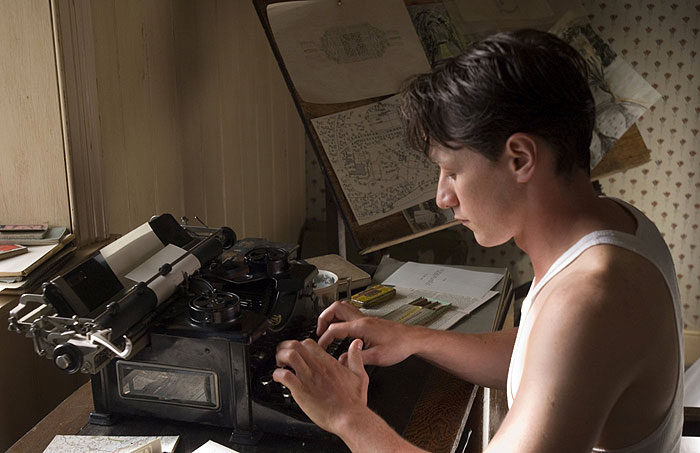

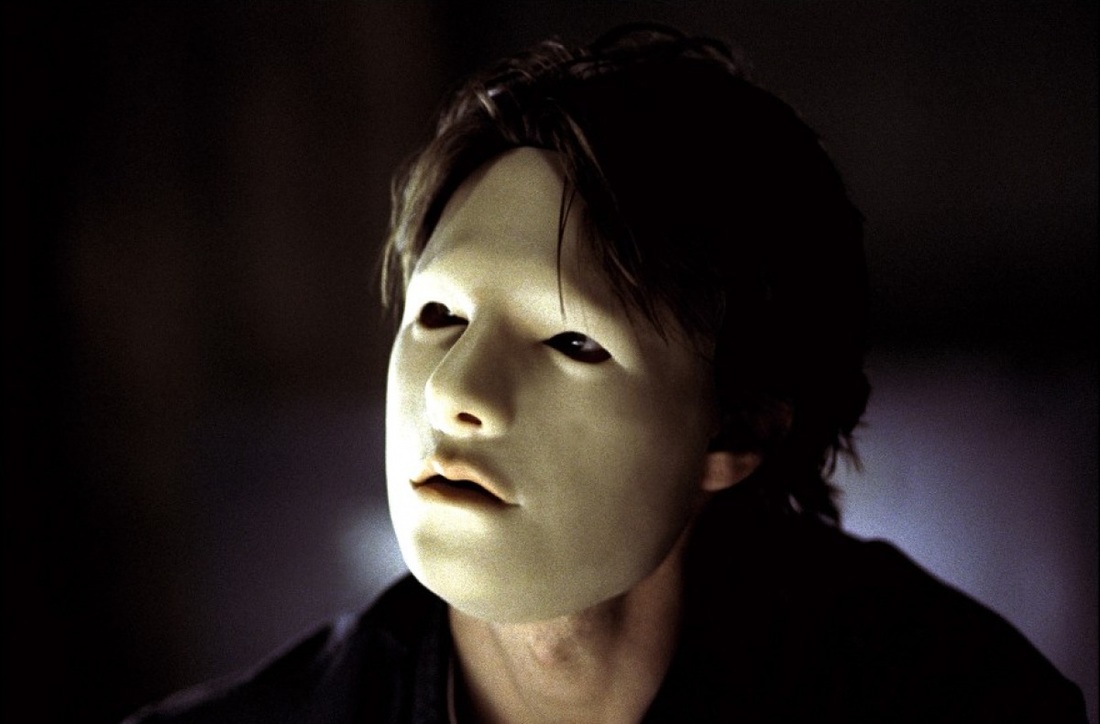
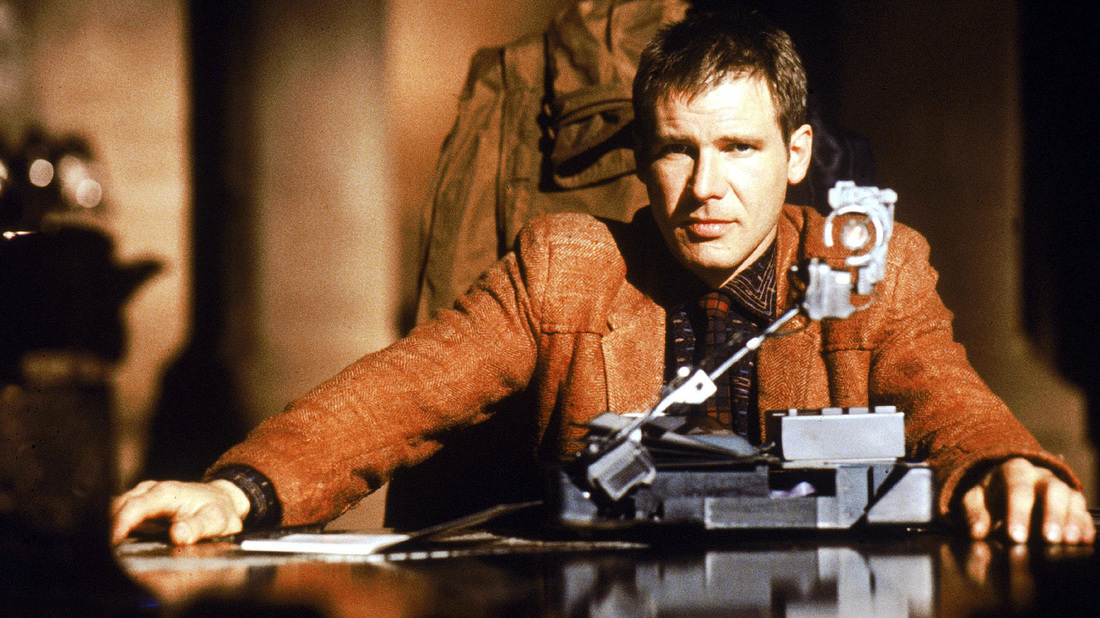
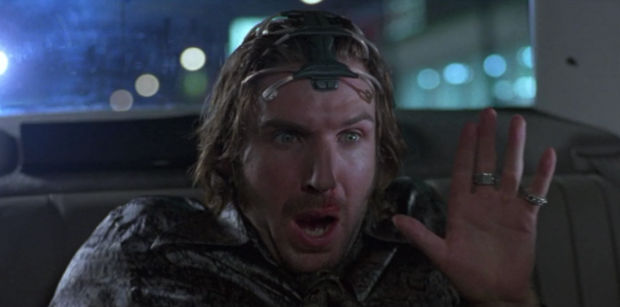
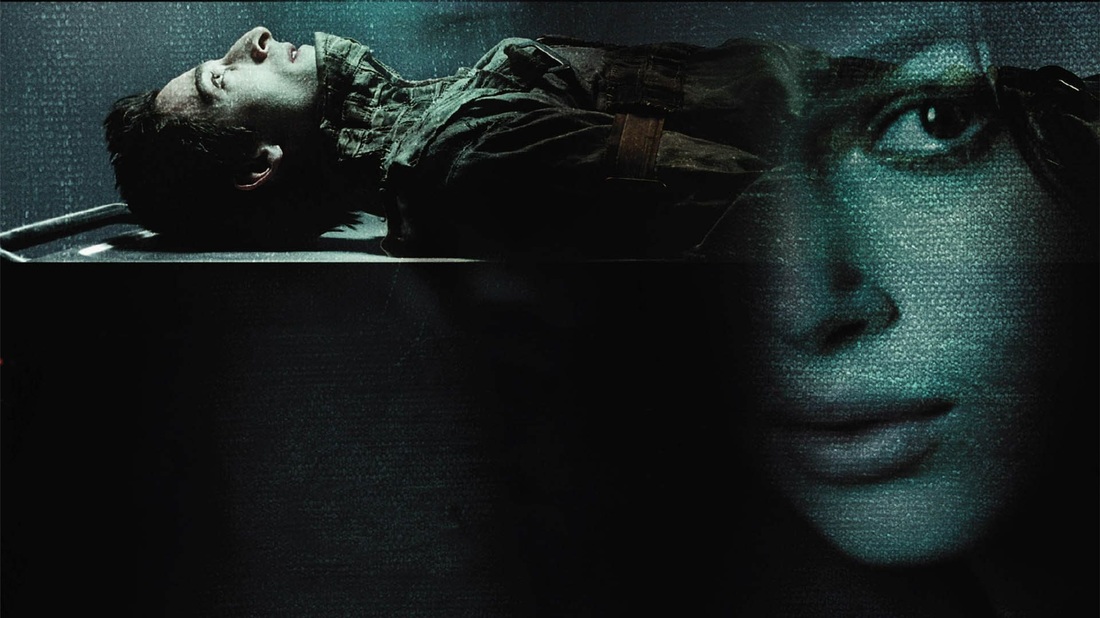
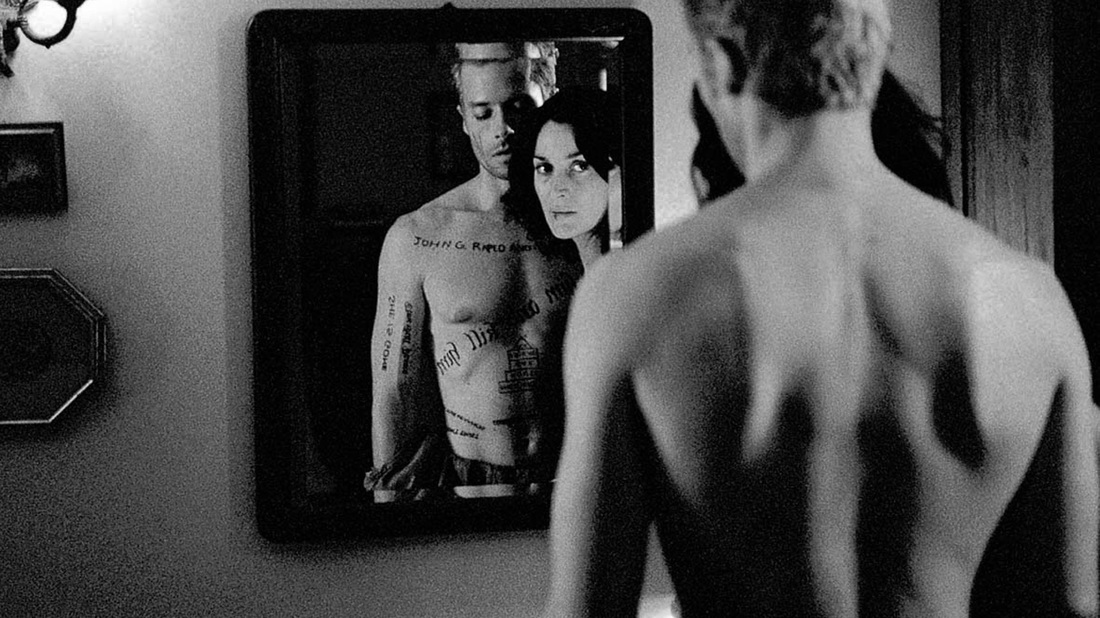

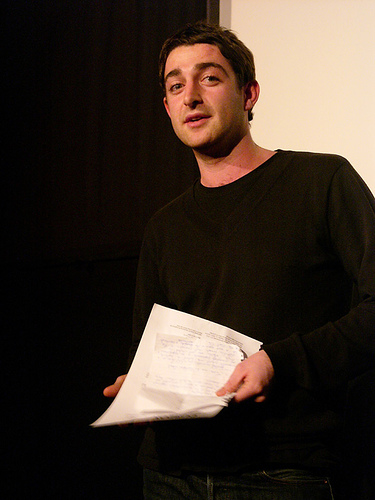
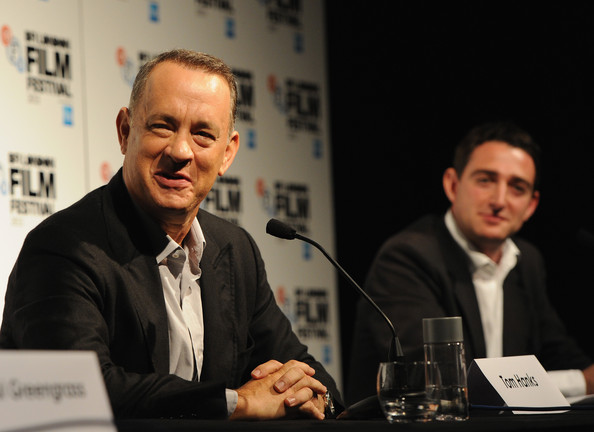

 RSS Feed
RSS Feed
